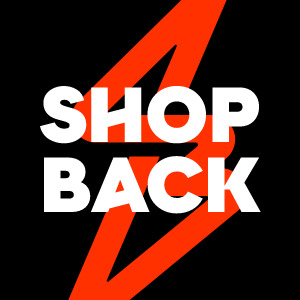I signed up this morning, my cashback was tracked about half an hour later.
New NordVPN Customers 100% Cashback.
100% cashback only applies to the Basic plan (2-year, 1-year, monthly) which is for the VPN service only. You will not receive 98% cashback when you buy Plus or Complete as NordPass & NordLocker are ineligible for cashback.
Cashback exclusions
- These items are not eligible for Cashback:
- Purchase of Nordpass and Nordlock plans / programmes / subscriptions / Dedicated IP
We calculate Cashback based on the purchase price, excluding:
* Fees
* Taxes
This Cashback deal is not valid together with:
* Any Gift Card, Voucher or store credit purchase
* Promos or Vouchers not featured on ShopBack
* Payments via cryptocurrency
Any exceptions will be at the store's discretion.
Special notes from store
* Cashback is only valid for New NordVPN Subscriptions & Standard Plan only
* Those who have used NordVPN under a free trial are considered existing NordVPN customers.
* Due to currency fluctuations, discrepancies may apply to the cashback amount you receive. Please note that the purchase amount ShopBack receives is not what your bank charges you, but what NordVPN reports back to us in AUD.



Ok, many times over the years I’ve been tempted to give one of these a try and I’ve taken up free trials on a couple however the ones I tried didn’t help when it came to watching geolocked sites/content at least the programs I wanted to watch on Netflix that weren’t available in Australia and a friend gave me his logins for HBO in the US but both were detected by the few VPN services I tried even though different servers (I spent the better part of a few days trying out all sorts of recommended tricks)
I now use an iPhone which has a VPN option by default however that’s not helpful for home usage (chromecast, galaxy tab ect ect)
Can someone in layman’s terms tell me why I should get a VPN and use it for all my internet traffic and can they tell me which brands are to be trusted (no logs, not linked to governments/nefarious characters, in jurisdictions that respect privacy ect) I don’t even torrent anything anymore and haven’t for years and haven’t had an issue of a show I wanted to watch isn’t available in Australia for even longer so I’m wondering if it’s even necessary.
I think most people have already been through this and probably 5-10 years ago so I’m sorry to go over old ground but I’m hoping this question and hopefully some educated responses/answers will be useful to not just myself.
Thanks in advance, my legendary OzB community (you guys are a wealth of knowledge and on balance usually useful knowledge ;P)